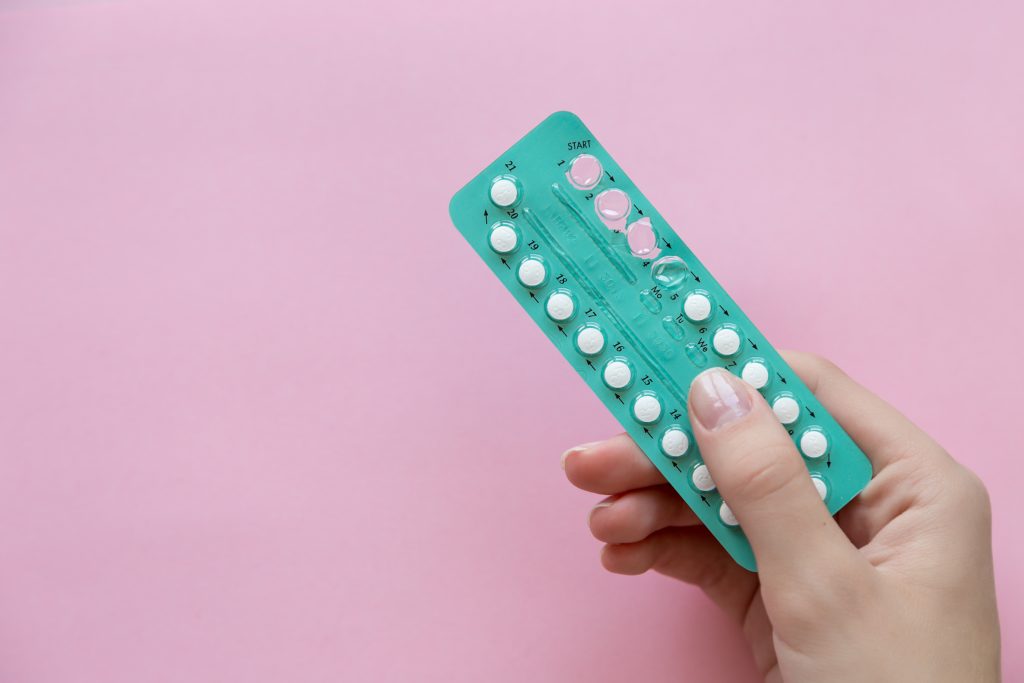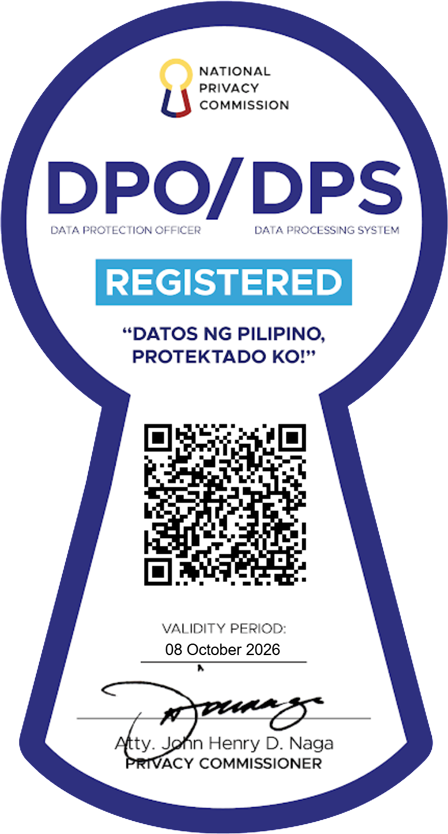When it comes to preventing unplanned pregnancy after unprotected sex or contraceptive failure, emergency contraception plays a crucial role. In the Philippines, where access, awareness, and misconceptions often influence reproductive health decisions, two methods are commonly discussed: the Yuzpe Method at morning-after pills. While both aim to prevent pregnancy, they differ significantly in effectiveness, side effects, and availability.
Here’s what you need to know about the differences between the Yuzpe Method and morning-after pills.
The Yuzpe Method: What It Is and How It Works
The Yuzpe Method is an emergency contraception technique that uses a higher dose of the same hormones found in regular combined oral contraceptive pills (COCs). It typically involves taking a total of 8 pills (containing ethinyl estradiol and levonorgestrel/norgestrel) within 72 hours of unprotected intercourse. The user should take 4 pills immediately after the intercourse, followed by another 4 pills 12 hours later. The sooner they take it, the better.
Pros:
- Accessible in most pharmacies because regular COCs are widely available.
- Familiar option for many Filipinas who already use COCs.
Cons:
- Effectiveness: 47-74%, less effective compared to dedicated morning-after pills.
- More side effects, including nausea, vomiting, dizziness, and fatigue.
- Requires correct calculation of dosage, so there’s room for error.
For more information on how to use the Yuzpe Method and what specific pills to take, visit this article.
Morning-After Pills: A More Effective Option
Morning-after pills—commonly levonorgestrel-only at ulipristal acetate pills—are specially formulated for emergency contraception. Depending on the brand, they are taken as a single dose or two doses.
Levonorgestrel (LNG) pills
- Effectiveness: 52–94% (depending on how soon they are taken)
- Most effective when taken within 72 hours, but can still work up to 120 hours
- Works mainly by delaying ovulation
Ulipristal acetate (UPA)
- Effectiveness: ~85–98%
- More effective than LNG closer to ovulation, when pregnancy risk is highest
- Works up to 120 hours with consistently higher effectiveness
- Not always available in the Philippines, but used globally as the “gold standard”
Pros of Morning-After Pills:
- Fewer and milder side effects.
- Simple dosing (often just one pill).
- Some can be taken up to 120 hours after unprotected sex.
Cons of Morning-After Pills:
- Availability varies among pharmacies in the Philippines.
- May be more costly than using COCs for the Yuzpe Method.
Which One Is Better for You?
While both methods are legitimate forms of emergency contraception, morning-after pills are the recommended option by global health authorities due to their higher efficacy and better tolerability. The Yuzpe Method remains a secondary alternative—useful in situations where dedicated emergency contraception is not accessible.
However, availability and awareness remain challenges locally. Many Filipinas learn about emergency contraception through online sources or peers, and pharmacy access can differ depending on the area. Consulting a healthcare provider or a trusted reproductive health organization can help ensure correct usage and guidance.
—
References
World Health Organization. (2021, November 9). Emergency contraception. https://www.who.int/news-room/fact-sheets/detail/emergency-contraception
Department of Health Philippines, & World Health Organization Philippines. (2023). The Philippine family planning handbook (2023 ed.). https://cdn.who.int/media/docs/default-source/wpro—documents/countries/philippines/reports/phfphandbook-compressed.pdf








